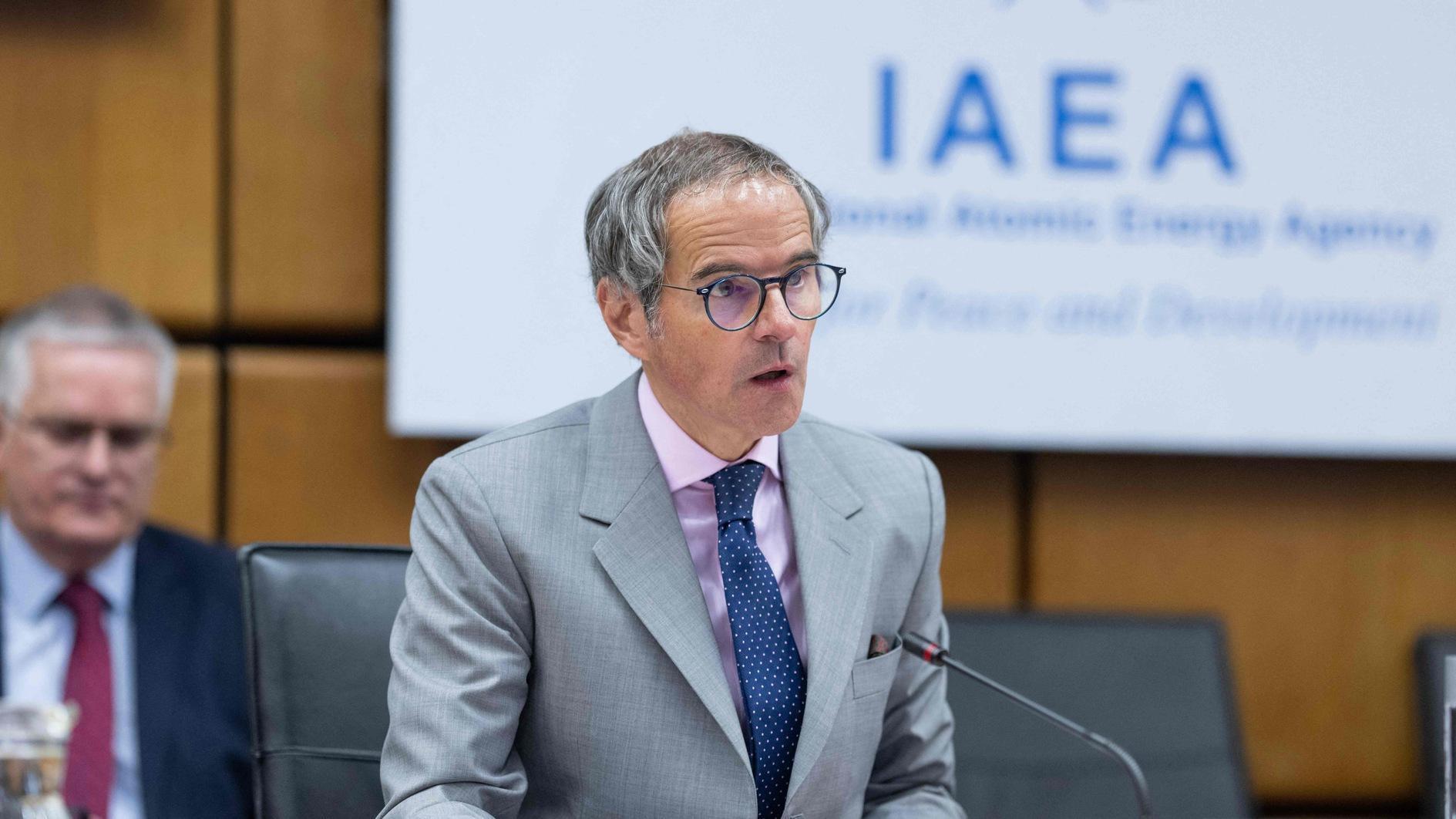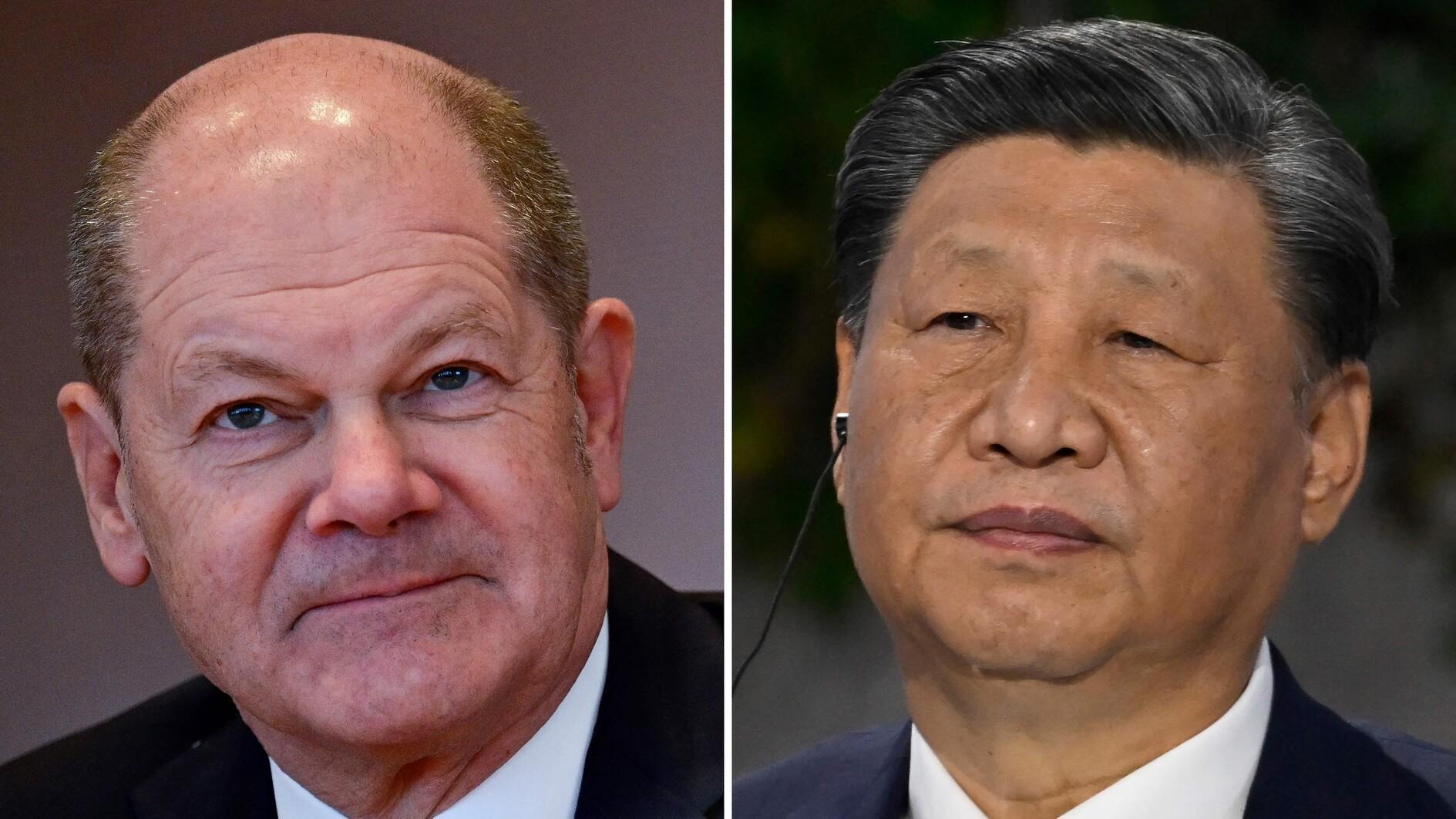Is the security of the Suez Canal on a knife edge?
SOPHIE QUINTIN ADALI
As evidence gathers that a terrorist bomb may have brought down MetroJet Flight 9268, the assertion by the Egyptian president that Islamic militancy in the Sinai Peninsula is under “full control” has been shattered. This now begs the question of the security of the Suez Canal, a key waterway for world trade.Since 2013 Egyptian authorities have made the fight against Islamic militancy and economic recovery their top priorities. The terrorist attack over the Sinai has dealt a blow to both objectives.
The death of innocent holiday-makers is first and foremost a tragedy for Russia but it is also a disaster for all Egyptians. Tourism, which represents 12.8 percent of Egypt’s GDP and employs 2.9 million people, is vital to the country’s economy. Sadly the cautious optimism expressed earlier this year that the sector might recover and grow again after years of instability has been shattered.
Could ISIL’s next high profile objective be the jewel at the heart of the government’s economic development plan, namely the newly expanded Suez Canal?
If maritime terrorist attacks have remained relatively rare compared to land-based attacks the risk is not theoretical. The hit on the USS Cole by Al-Qaeda in Yemeni waters in 2000 highlighted that maritime operations had been incorporated into the group’s strategy to destabilize the West. The canal built by visionary Frenchman Ferdinand de Lesseps is an icon of global trade and modernity, and as such is the kind of symbolic target ISIL will seek to strike.
Indeed, since its opening in 1869 the canal has not only shaped the evolution of maritime trade but over the course of its history the strategic maritime route linking Europe and Asia has also been shaped by the “maritimization” of the global economy. With 8 percent of world maritime traffic passing through the choke point, an attack resulting in the sinking of a ship or mass casualties on a cruiser would seriously impact world trade.
Because its operation by Egypt plays a vital part in the global energy flows, the energy market would be disrupted by a temporary closure and diversion of shipping around Cape Hope.
In 2013 a Chinese cargo ship transiting through the channel cutting across the desert (length 193 km, max width 345 m) was hit by rocket-propelled grenades. A plot to plant bombs around it was also foiled. Security measures have been tightened but the complex nature of maritime trade (containerization) and of the transit process itself (waiting times at anchor, slow speeds) mean that many weak points can be exploited.
The missile attack on a naval patrol boat off the Sinai desert’s northern shore a few days ahead of the inauguration ceremony of the Canal expansion last August indicated that the Islamist terror group is starting to shift its attention to water-based environments. In addition experts have repeatedly warned that more powerful weapons from Libya’s arsenal could eventually fall into the hands of terrorist groups.
The shipping industry routinely issues reassuring messages but behind closed doors concerns are very real. Peter Cook, the CEO of the London-based Security Association for Maritime Industry (SAMI) warns that “the security of the Suez Canal is now on a knife-edge.”
As Libya, Syria, Iraq and Yemen continue their fall into lawlessness, the odds are stacking against Egypt and the stakes are getting higher for the world. The murderous attacks in Paris were another reminder that the threat of ISIL to our globalized economic system is real and must be confronted.
Sophie Quintin Adali, CEISR, University of Portsmouth, researcher in maritime security.











